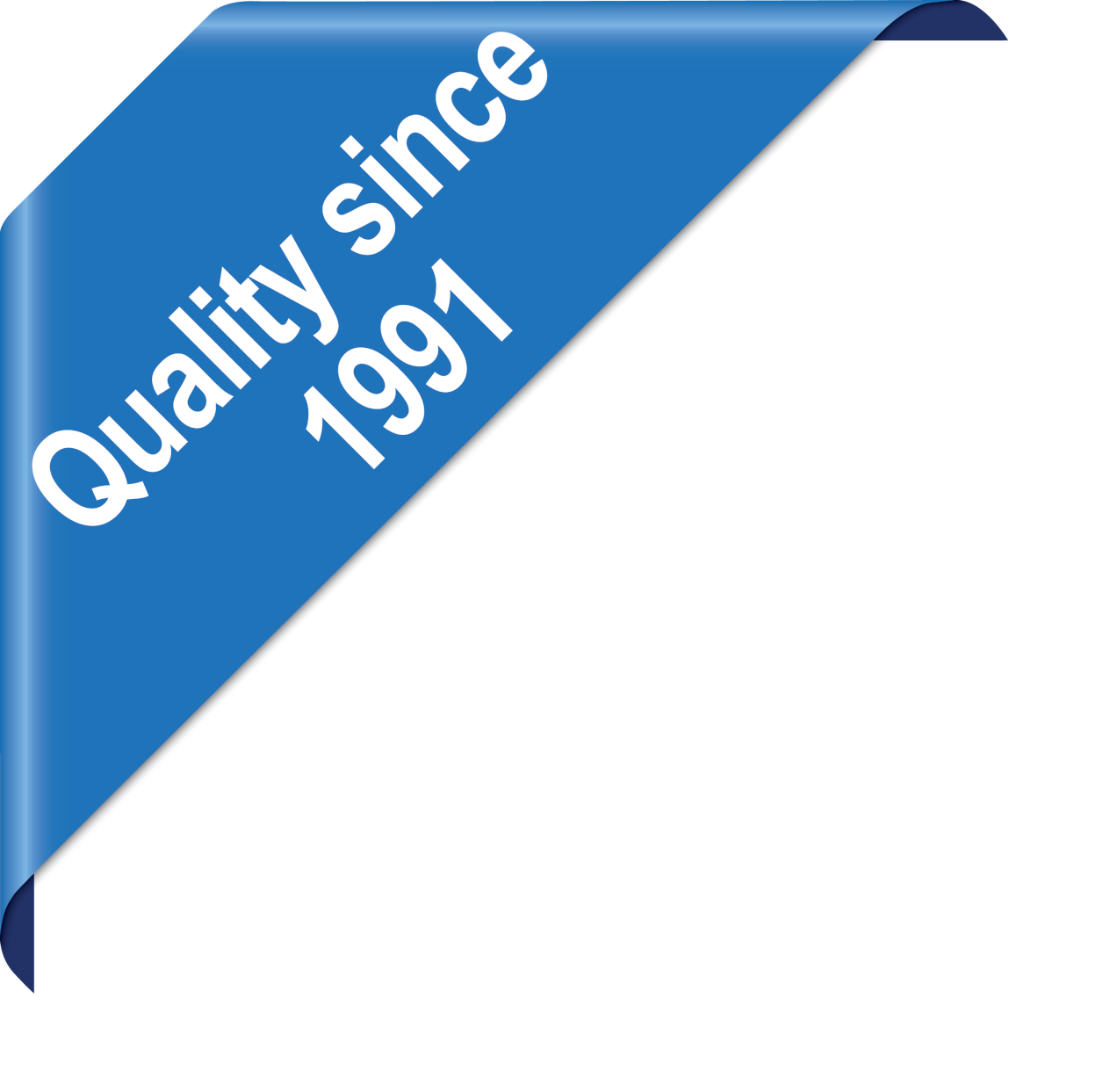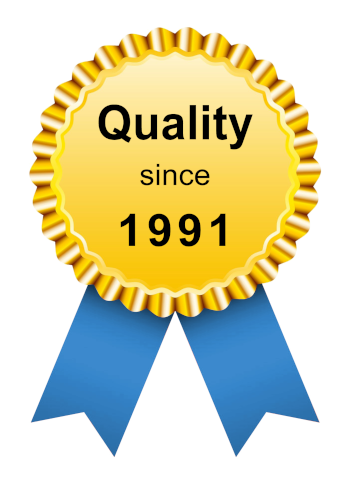

Can increasing the quota of gymnasium admission create more equal opportunities?
It is often claimed that there is no equal opportunity in the Swiss education system. To improve equal opportunities, it is proposed, among other things, to increase the number of places at gymnasiums. But does creating more places at gymnasiums by increasing the gymnasium quota really lead to more equal opportunities or justice in opportunities in education?
In the following article, we will examine the question of whether increasing the number of places at gymnasiums can lead to more equal opportunities.
Preparing early for the gymnasium
Table of contents
- High school graduation rate in the canton of Zurich and in Switzerland
- Does increasing the high school graduation rate create more equal opportunities?
- Conclusion on increasing the gymnasium graduation rate
High school graduation rate in the canton of Zurich and in Switzerland
The gymnasium quota expresses how many people have received a gymnasium-level matriculation (graduation). One must not confuse the gymnasium quota with the general matriculation quota in Switzerland. For example, when the Swiss Federal Statistical Office speaks of the matriculation quota, it does not mean only the gymnasium-level matriculation, i.e. not only the gymnasium quota, but also the vocational matriculation certificates and the specialised matriculation certificates. If one only wants to talk about the gymnasium quota, one must say "gymnasium matriculation quota" for the sake of clarity.
In Switzerland, one receives a gymnasium matriculation certificate if one has successfully completed the short-term or long-term gymnasium and passed the matriculation examination.
One receives a vocational matriculation certificate if one has completed the vocational matriculation school or intermediate vocational school (BMS) during or after vocational training.
And one can acquire a specialised matriculation certificate if one has successfully completed the intermediate specialised school (FMS) after completing the intermediate vocational school (FMS) and then passes the specialised matriculation examination.
According to the Swiss Federal Statistical Office, the general matriculation quota for the entire population up to the age of 25 was 47.7 percent in 2021. If one considers only the gymnasium matriculation quota (gymnasium quota), it was 22.6 percent Swiss-wide in 2021 in relation to persons up to the age of 25.
In the canton of Zurich, the gymnasium quota is 21.5 per cent, which is very close to the Swiss average. However, there are cantons where the gymnasium quota is over 30 per cent, which is significantly higher: the gymnasium quota in the canton of Geneva is 33.6 per cent, in the canton of Ticino 33.2 per cent, in the canton of Vaud 32.5 per cent and in the canton of Basel-Stadt 30.5 per cent. However, there are also cantons where the gymnasium quota is significantly lower than in the canton of Zurich. The lowest gymnasium quota is 12.9 per cent in the canton of Schaffhausen.
Does increasing the high school graduation rate create more equal opportunities?
The discussion about equal opportunities in the Swiss education system recently flared up again when the Tagesanzeiger newspaper concluded, based on study data from the so-called TREE study, that children of academics have twice as good a chance of completing a university degree as children of non-academic parents. In a comment to the Tagesanzeiger article, a reader demanded that the gymnasium quota be increased to around 30 per cent, which, in the reader's opinion, would lead to a massive increase in equal opportunities.
When one compares the gymnasium quota in Zurich (around 20 per cent) with that in Geneva, Basel-City, Ticino or the Canton of Vaud, for example, where the gymnasium quota is already around 30 per cent, one could say that it would not be unusual for the Canton of Zurich to ensure a higher gymnasium quota in the canton.
But would increasing the gymnasium admission rate from around 20 to 30 percent in the canton of Zurich really lead to more equal opportunities in education? Education researcher Dr. Benita Combet from the University of Zurich doubts this. In her opinion, even a further increase in the gymnasium admission rate would not lead to more equal opportunities, but would only shift the competition for gymnasium places. Even if the gymnasium admission rate were increased to 80 percent, the result would only be that it would become a matter of course for students from privileged families to attend gymnasium. Students from lower social classes would then compete for the remaining places.
The head of the Zurich Middle School and Vocational Education Office, Niklaus Schatzmann, also argues in the same direction and also does not believe in increasing the gymnasium admission rate. More gymnasium places would only lead to more children from educated families attending gymnasium. For Schatzmann, the current transition procedure from the combination of gymnasium exam and preliminary grades is already suitable for finding the most suitable students for gymnasium. This is shown by the fact that so many students pass the probationary period at gymnasium. In the 2023/2024 school year, the pass rate for the gymnasium probationary period was 92 percent for the long-term gymnasium and 88.3 percent for the short-term gymnasium..
To help students pass the probationary period, it is recommended that they attend a probationary period preparation course and participate in a probationary period support course.
Book a probationary period course with Lern-Forum now
Educational researcher Prof. Dr Elsbeth Stern from ETH Zurich also assumes that increasing the gymnasium quota would not lead to greater equality of opportunity as long as the selection criteria are not changed to find the most intelligent children for the gymnasium. According to Prof. Dr Elsbeth Stern, without a change to the transfer procedure to the gymnasium, there is a risk that the additional gymnasium places created would be occupied by children from privileged families.
Educational sociologist Prof. Dr Regula Leeman contradicts the assumptions of the researchers Stern and Combet, saying that from a gymnasium quota of 30 to 40 percent - as exists in Basel-Stadt (30.5%) or Geneva (33.6%) - social inequality decreases. Children from families where the parents are not academics would therefore have better chances of getting a place at the gymnasium with such gymnasium quotas.
Conclusion on increasing the gymnasium graduation rate
It is doubtful that increasing the number of places at the gymnasium would automatically lead to greater equality of opportunity. One factor that is repeatedly blamed for the inequality of opportunity is that non-academic parents do not sufficiently encourage their children to apply to the gymnasium. Without the initiative of the non-academic children, it can therefore be assumed that the additional places at the gymnasium will be taken by children of academics who are motivated and supported by their parents.
Children from the lower social classes also sometimes feel simply inhibited about changing to the gymnasium, which they consider to be a noble institution. They feel excluded by the thought of being at the gymnasium.
In the long term, Switzerland, and in particular cantons with low gymnasium quota such as Zurich, will not have any other option for economic reasons than to increase the gymnasium quota if many vacancies for academics cannot be filled otherwise. People with a higher level of education are also more agile. Education trains the brain.
Book preparatory course for long-term gymnasium
Book preparatory course for short-term gymnasium
Registration for the gymnasium simulation exam
Sources
https://www.lern-forum.ch/blog/chancengleichheit-bildung-schweiz
https://www.tagesanzeiger.ch/schulstart-chancen-im-schweizer-schulsystem-sindungleich-297911787840
https://www.tagesanzeiger.ch/zuerich-ist-beim-gymi-gerangel-extrem-126522413993
https://www.tagesanzeiger.ch/zuerich-ist-beim-gymi-gerangel-extrem-126522413993
https://www.lern-forum.ch/en/blog/admission-quota-for-high-school-in-2024
https://www.lern-forum.ch/en/gymnasium-preparation-zurich/gymi-probation-period-courses
https://www.tagesanzeiger.ch/zuerich-ist-beim-gymi-gerangel-extrem-126522413993
https://www.lern-forum.ch/blog/chancengleichheit-bildung-schweiz
https://www.lern-forum.ch/en/gymnasium-preparation-zurich/long-term-gymnasium/registration
https://www.lern-forum.ch/en/gymnasium-preparation-zurich/short-term-gymnasium/registration
https://www.lern-forum.ch/en/gymnasium-preparation-zurich/mock-exam/registration
Teaching artificial intelligence in schools?
Should artificial intelligence be taught in schools? So far, AI is not part of the curriculum. AI skills becoming increasingly important in education, careers.
New Vocational Baccalaureate Regulation 2026: key changes
New Vocational Baccalaureate Regulation 2026 come into force 1 March 2026. We outline the key changes here, including the Vocational Baccalaureate 2030 project.
More unemployed academics: trend no cause for concern
Although there are more unemployed academics in Switzerland, no reason to worry that – due to AI, e.g. – the only jobs available will be in the skilled trades.



